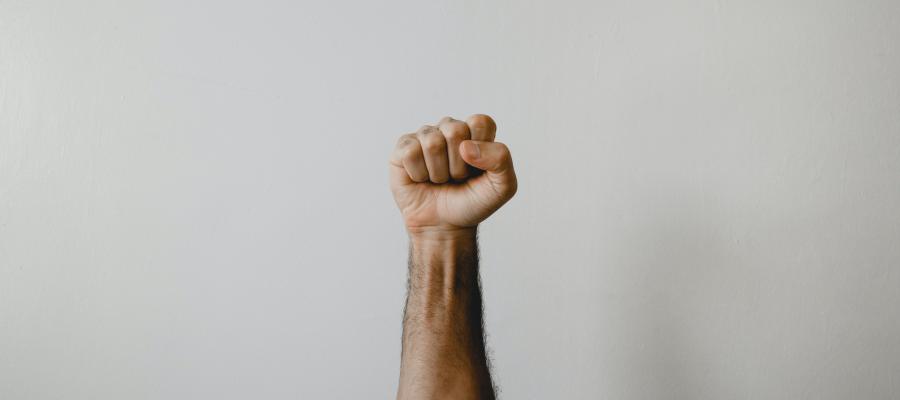What Is Political Inequality?
Aug 14, 2022We all know our society is economically unequal: some people have more money and resources than others.

This week we're asking what Political Inequality is. Sounds easy to define, right? That’s when some people don’t get an equal voice in society, because they’re not represented in government, or they’re not allowed to vote, or their ballots are just ignored.
But that’s not all that matters—in fact it may not even be the main issue. Some would say political inequality is mostly about rich people abusing the power that money gives them; so if you took the money out of politics, you’d solve a big part of the problem.
One response to that would be that politics isn’t just economics. Suppose, for example, that everybody had exactly the same amount of money, but some people still couldn’t vote—that certainly wouldn’t be fair, and it definitely wouldn’t be equal.
Then again, that seems like a pretty fanciful scenario. Right now it’s not illegal for people to vote on account of their race or gender, but a lot of people’s voices still don’t get heard, because rich corporations pay for political campaigns and exert an unfair amount of influence over the media. Legally everyone has the right to vote, but money still makes us unequal.
Of course, not everyone of voting age has a legal right to vote. Immigrants, for example, may spend years paying taxes before becoming citizens and finally being allowed to vote. And in some countries even citizens can’t vote: women in Saudi Arabia didn’t get the vote until 2015; in a lot of US states, individuals who've committed felonies can't vote, even after they’ve served their sentences.
Obviously all of that creates political inequality—but perhaps that way of thinking about it puts too much emphasis on legal rights. Without economic equality, do legal rights make enough of a difference? If you can’t get time off work on election day, or you don’t have a car that you can drive to the polls, does it matter that you could theoretically cast your ballot?
Well, there's at least one possible fix for that: laws! In South Korea, election day is a national holiday. We could—and should—do the same here. And if we're worried about those who would be obliged to work on holidays (a problem that disproportionately affects the poor), we could make voting mandatory, like in Australia—then employers would have to give people time off.
Or at least we could hope for employers to give people time off. But if they didn't, workers would be in trouble no matter what they did: either fined by the government for not voting or penalized by their company for not showing up to work.
And even if we could make it easier for eligible individuals to vote, would that be enough to allow their voices to be heard and their interests to be represented? In many places, people are stuck with a choice of two very similar candidates. Maybe we need to give people not just the ability to vote, but the ability to change the ballot.
In the meantime, we need to remove unfair barriers to voting, educate people about the issues, and get the money out of politics. We could start by overturning the Citizens United decision, which opened the floodgates to virtually unlimited corporate contributions.
Obviously, with the current Supreme Court, that last one is mostly a pipe-dream. Perhaps the only way forward is collective action, which is part of what our guest proposes—that's Margaret Levi, Director of Stanford's Center for Advanced Study in the Behavioral Sciences at Stanford, and author of “Political Equality: What is it and why does it matter?” Should be a lively conversation...
Comments (3)
charllykorpa
Tuesday, March 12, 2024 -- 10:54 PM
Political inequality extendsPolitical inequality extends beyond legal rights, deeply rooted in economic disparities. The ability to exercise rights like voting is los angeles brain injury lawyer hindered by practical obstacles like lack of time off or transportation. True democracy requires addressing economic inequalities to ensure equal access to political participation, beyond mere legal rights on paper.
dulgshey
Wednesday, October 16, 2024 -- 2:15 AM
Great introduction! You'veGreat introduction! You've raised several key points about political inequality, and I'm eager to dive deeper into the discussion. I hope you invite website space waves
nuv8l
Monday, March 3, 2025 -- 2:57 AM
Politics is politics, I'mPolitics is politics, I'm independent!
In playamo I deposited $50 and got $1800, there are cool bonuses. The main thing is not to play for the last money and withdraw as soon as you catch a good profit. I work only with crypto, because it withdraws within a couple of hours, you can also withdraw to a card, but wait up to two days. I live and get high.